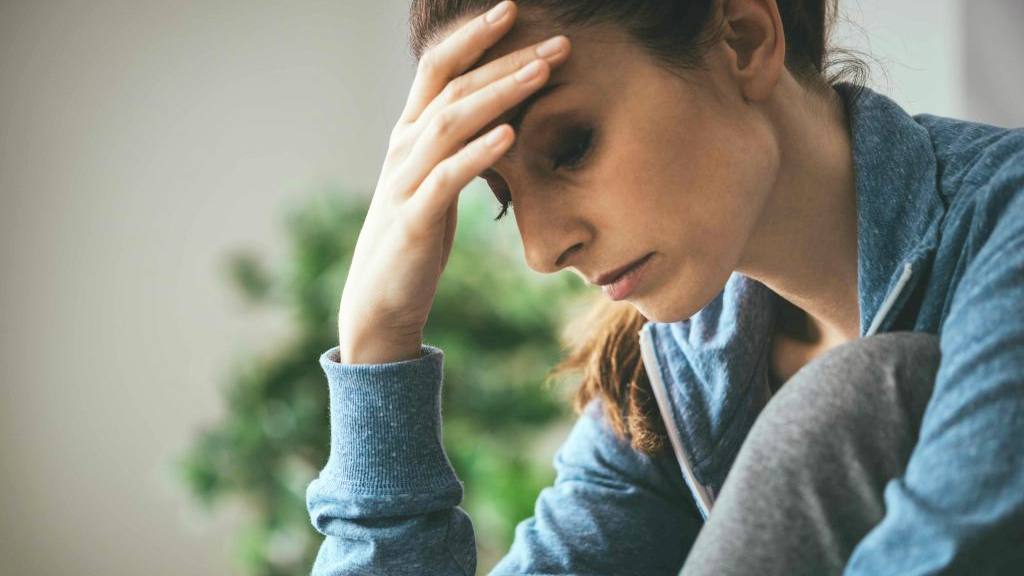-
COVID-19
Mayo Clinic Q and A: Reducing anxiety and stress during COVID-19 pandemic

DEAR MAYO CLINIC: It's been weeks of being at home with my children and spouse due to the COVID-19 pandemic and stay-at-home requirements. I'm feeling overwhelmed and I'm also scared because we really don't know what's going to happen. How can I ease this anxiety?
ANSWER: You certainly are not alone in those feelings. As COVID-19 spreads, the days are filled with uncertainty. This ambiguity makes most people uncomfortable and anxious, especially when it involves a threat that's as serious as a worldwide pandemic. But you can take steps to calm anxiety and reduce stress.
COVID-19 is a respiratory illness that leads to symptoms such as fever, cough, shortness of breath and difficulty breathing. Symptoms can range widely, from mild to severe.
Because the illness is so widespread and can lead to life-threatening symptoms, social distancing — putting space between yourself and others to reduce the spread of illness — has become commonplace. Schools, houses of worship, businesses, restaurants and other public spaces have closed. Many people are working from home for the first time. All of this can be overwhelming.
One concrete step that you can take to make it more manageable is to create a basic daily schedule. Setting times to perform certain tasks each day provides structure and can help allay some anxiety as you take control over what you do within your household. It also provides consistency, so all family members know what to expect each day.
Make your schedule structured, but not too rigid. For example, it's helpful to get up around the same time each morning. But not all family members need to start their day at exactly the same time. As much as possible, allow for flexibility. In your daily schedule, include time for family meals, school and work, physical activity, and relaxation. Try to get outdoors each day, too.
A significant source of stress in these uncertain times can come from overexposure to news and social media. The amount that's right for each person varies. Carefully monitor your intake of news and recognize when you become anxious or begin to feel overwhelmed. Consider that as you decide what's best for you. Keeping an eye on the news and others' reactions to it via social media 24/7 is rarely a good idea for anyone.
Although the amount of screen time you allow your children may understandably become more generous in a time of social distancing, it's not healthy for them to be in front of a screen all day. Talk with your spouse and — depending on their ages — include your children in a discussion about reasonable amounts of screen time. Limit the time children are exposed to news about the pandemic, as it could cause unnecessary anxiety and fear.
As you talk about COVID-19 with your children, be open and honest in a kind, age-appropriate way. It's OK to say that you don't have all the answers and you aren't sure what's going to happen. Reassure your children that you have the skills as a family to deal with whatever the future brings. By doing that, you model how to manage uncertainty in a healthy way.
Because it's unclear how long the disruption and uncertainty will last, this is a situation that calls for mindfulness. Focus on what you're doing and why you're doing it. Pause occasionally and gauge how you're feeling. Overwhelmed? Anxious? Fearful? Think about why that might be and find ways to manage it. Try taking a walk or run, getting outdoors, taking a nap, or eating a healthy snack.
As the COVID-19 pandemic continues, another way to ease anxiety is to focus on facts, not rumors. Get your information from a reliable source, such as the Centers for Disease Control and Prevention, the World Health Organization and Mayo Clinic. — Beth Rush, Ph.D., Psychology, Mayo Clinic, Jacksonville, Florida







